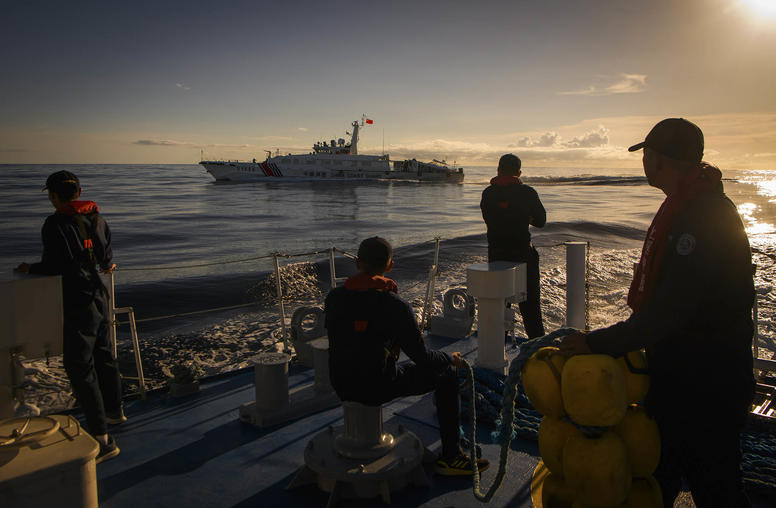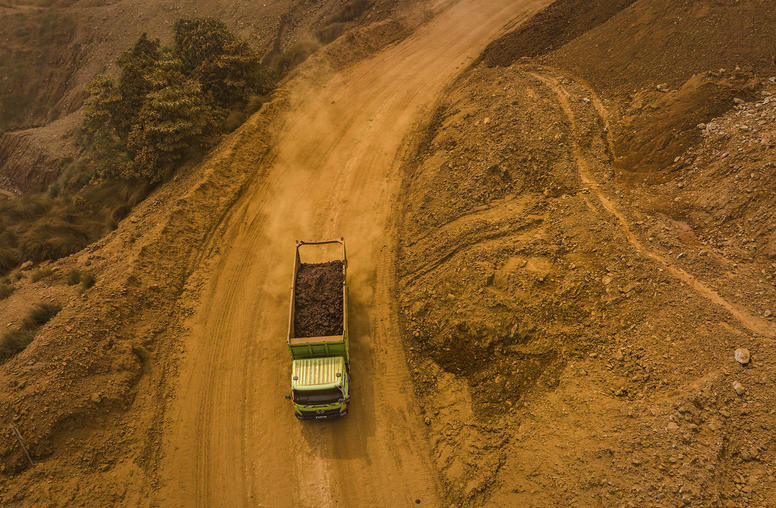USIP Training Program officers Ray Caldwell and Greg Noone conducted two workshops for practitioners in Manila. The 70 participants represented a diverse group of government agencies, particularly the Office on Muslim Affairs and the National Commission on Indigenous Peoples, together with leaders of non-governmental organizations from around the country, and especially Mindanao.
USIP Training Program officers Ray Caldwell and Greg Noone conducted two workshops for practitioners in Manila. The 70 participants represented a diverse group of government agencies, particularly the Office on Muslim Affairs and the National Commission on Indigenous Peoples, together with leaders of non-governmental organizations from around the country, and especially Mindanao.
The well-received interactive programs focused on strengthening skills in the areas of conflict resolution and management, negotiation and mediation, and problem solving. A series of brief, focused lectures and extensive exercises and role-plays involving all of the participants culminated in working group deliberations and presentations on their vision of the Philippines in five years, the challenges standing in the way of achieving that vision, and initiatives to overcome those challenges.
Intense interest in this hands-on approach was evident and numerous participants urged that further workshops be held throughout the country.



